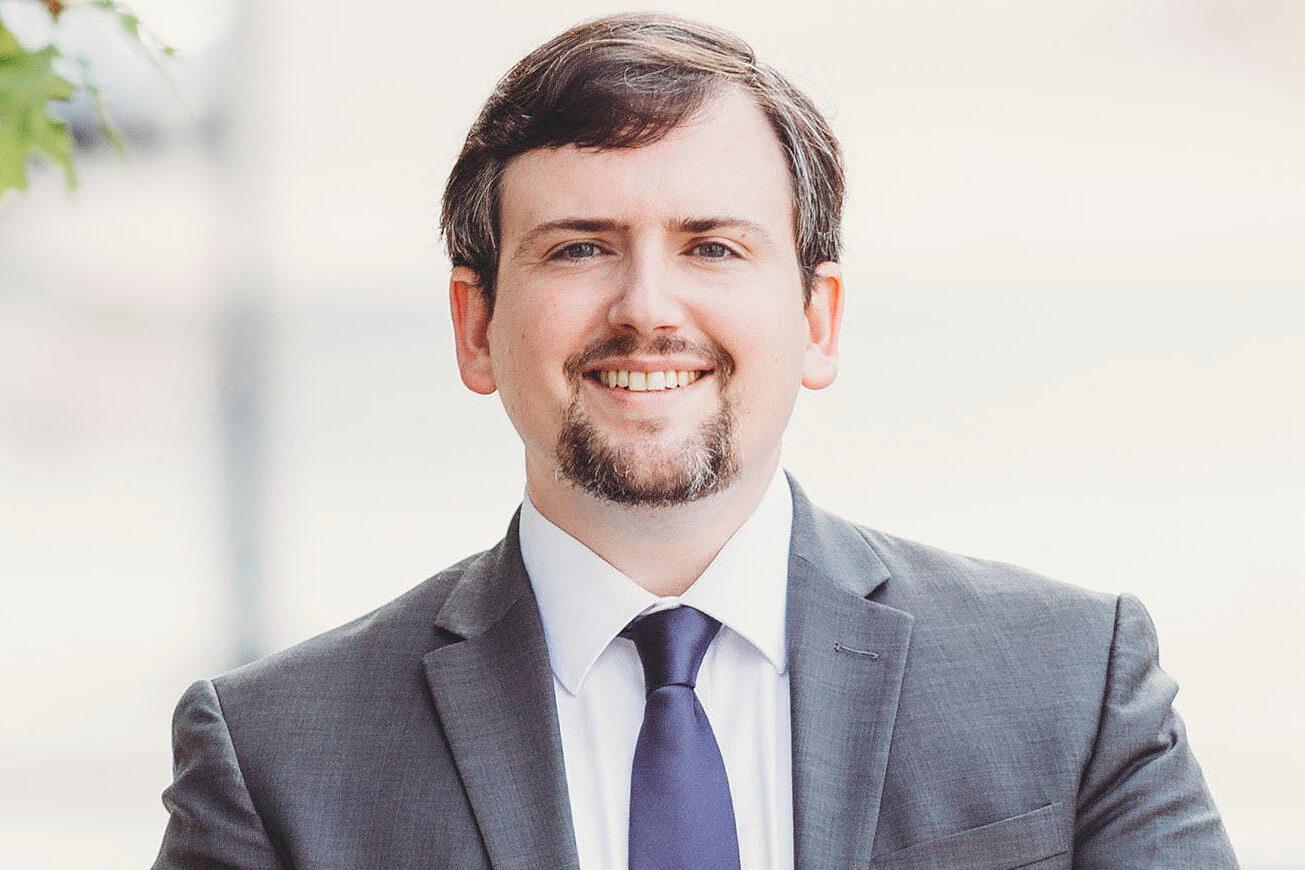The Supreme Court has been on fire with fantastic decisions over the last week! In addition to my regular Friday column that addressed the gun-rights case, it was my honor to write another column on Friday discussing the Supreme Court’s greatest decision that came out that morning, in which the Court finally overruled Roe v. Wade. Now I’m usually not a fan of Mondays, but this Monday was an exception as the Supreme Court came out with another watershed decision in Kennedy v. Bremerton School District.
In this case, an ex-Marine named Joe Kennedy was an assistant coach for a public high school football team in Washington State. Inspired by the Christian movie Facing the Giants, Kennedy resolved to go out to the 50-yard line after games, take a knee, and publicly give thanks to God. After he started this practice, the players took notice and asked if they could join him. “It’s a free country,” he said. He never made his students join him, but they all gathered freely to pray.
This went on for several years without a problem. But suddenly, the school district told him he couldn’t pray anymore. When he refused to stop praying, he was fired. His case eventually reached the Ninth Circuit, which ruled against him based on the Establishment Clause of the First Amendment. Coach Kennedy asked the Supreme Court to take his case, and it agreed. In a 6-3 decision Monday morning authored by Justice Neal Gorsuch, the Court ruled that the Free Exercise and Free Speech Clauses of the First Amendment protected Coach Kennedy’s right to pray.
Now you may be wondering: what about the Establishment Clause? In my opinion, what the Court said about the Establishment Clause was the most important part of the decision. It will have effects far beyond cases like these.
The Establishment Clause of the First Amendment says, “Congress shall make no law respecting an establishment of religion.” At the time of its ratification, the primary purpose of this Amendment was to prevent the establishment of a national church like the Church of England. The Framers believed it was wrong to force people to attend or support a church with which they disagreed, and they were right. But the key word there is force. As the late Justice Antonin Scalia noted, the use of force was the touchstone of historical establishments.
Does taking a knee at the 50-yard line sound like the use of force? It certainly is not. But from 1947 until today, the Supreme Court really didn’t care. Instead, the Court twisted Thomas Jefferson’s idea of separating the institutions of church and state (which was a B-level metaphor anyway) to mean separating government and God (or anything to do with God).
The Supreme Court summarized the rule in 1971 in Lemon v. Kurtzman, which came to be known as the Lemon test. Under that precedent, to avoid violating the Establishment Clause, the government must (1) have a secular purpose, (2) neither inhibit nor advance religion, and (3) not foster excessive government entanglement with religion. In the late 1980s, Justice Sandra Day O’Conner developed an offshoot called the endorsement test, which holds that the Establishment Clause is violated if the government endorses religion, regardless of whether it uses force or not.
Starting in 2005, the Court started veering away from Lemon and the endorsement test, but it never told the country when it was acceptable to do that. In one case after another, Lemon and the endorsement test were ignored. Those were good signs, but the Court never made it official that those tests were dead.
Until Monday.
When the Court addressed the Establishment Clause issue, it officially held that Lemon and the endorsement offshoot have been abandoned and that interpretation of the Establishment Clause should focus on history and the understanding of the Framers.
The verdict is in. Lemon is dead. The Freedom from Religion Foundation and similar organizations lost. Originalism won!
It’s a brand-new day now. I see no reason why kids and teachers can’t pray in school, why the Ten Commandments have to be kicked out of our courthouses, or why Nativity Scenes have to be banished from City Halls.
The only Constitutional requirement that remains, in my view, is that the government cannot use force to make people do what they do not wish to do. That’s good. But after about 70 years of bad decisions, we are finally free to acknowledge that we are indeed one nation under God.
Matt Clark is the President of the Alabama Center for Law and Liberty, a conservative nonprofit law firm that fights for limited government, free markets, and strong families in the courts. His column appears every Friday in 1819 News. The opinions expressed in this column are those of the author. The views and opinions expressed here are those of the author and do not necessarily reflect the policy or position of 1819 News. To comment, please send an email with your name and contact information to Commentary@1819News.com.
See also this.
Don’t miss out! Subscribe to our newsletter and get our top stories every weekday morning.










